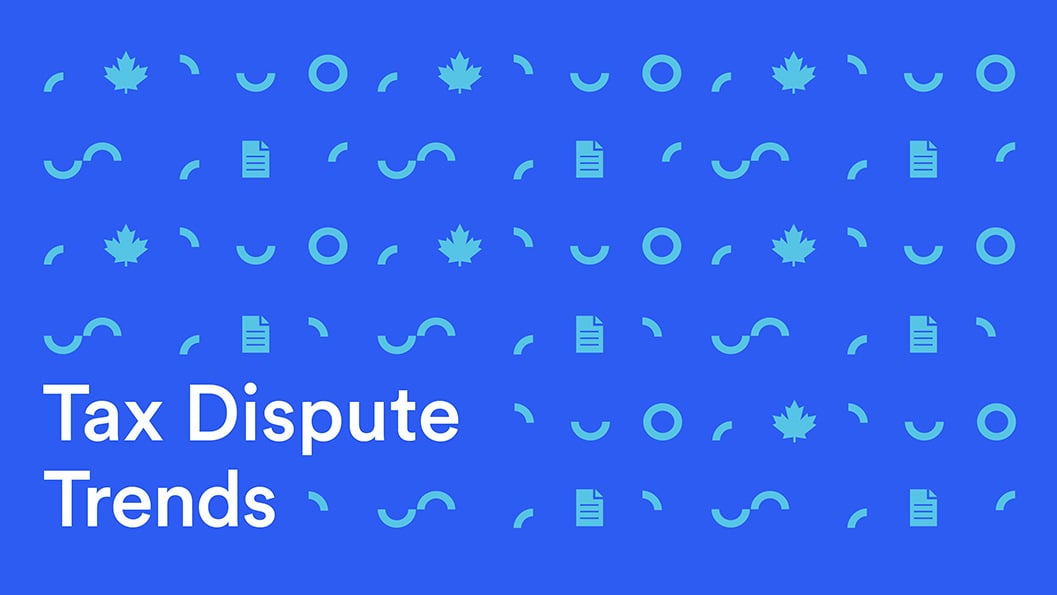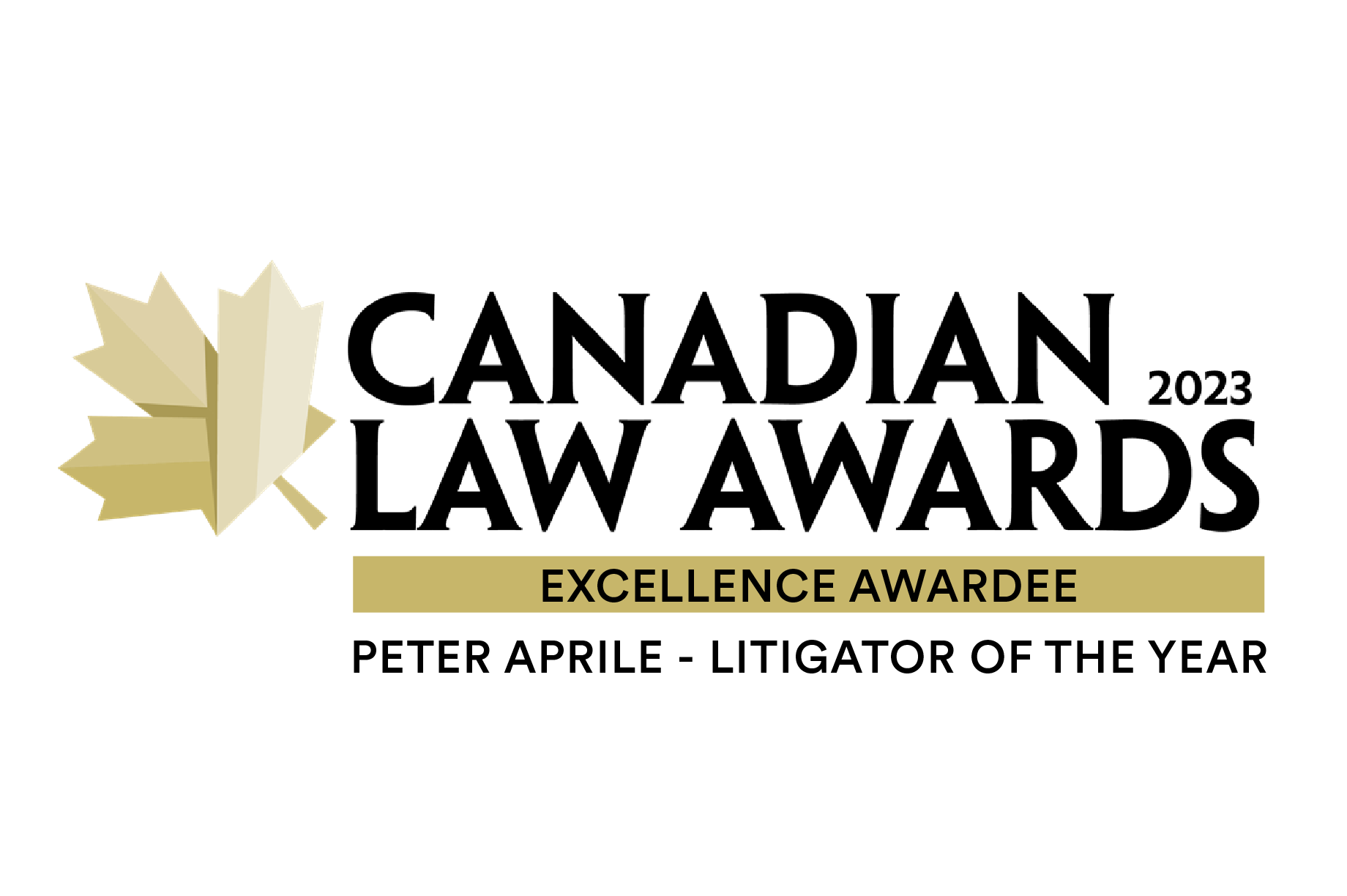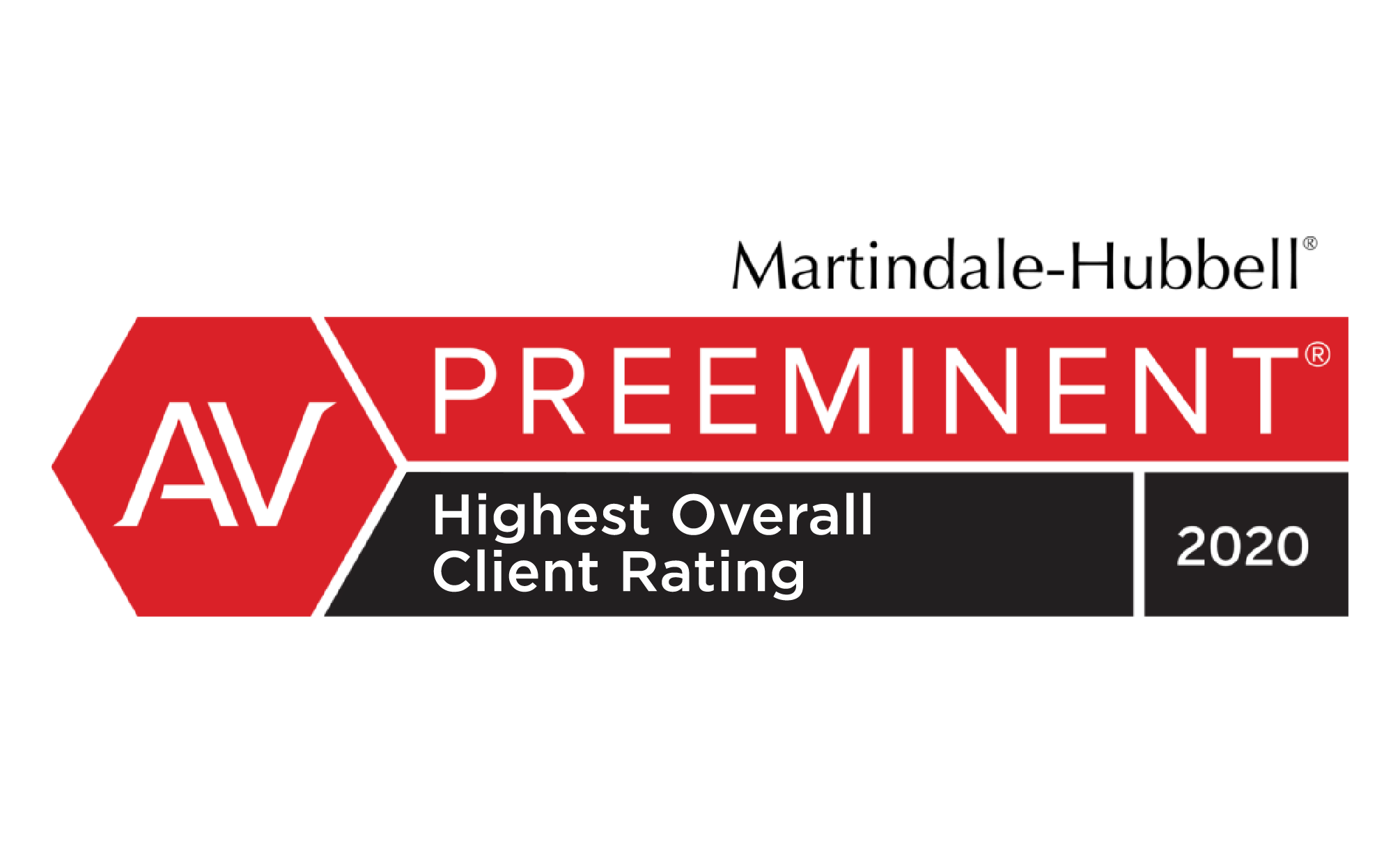
The CRA no longer relies on blunt audit tactics to detect offshore non-compliance. It operates a layered system; data-driven, globally integrated, and increasingly predictive. Most taxpayers facing offshore reassessment didn’t know they were in a dispute until the CRA had already built a case.
Strategic leaders don’t manage risk retroactively. They assess their exposure early, structure filings defensively, and define their position before the CRA defines it for them.
1. Why Offshore Risk Looks Different Now
Financial secrecy is over. Since 2014, Canada has joined a global shift toward transparency through the OECD’s Automatic Exchange of Information (AEoI). Over 100 countries now share taxpayer data automatically.
This means the CRA no longer needs a whistleblower, a local audit, or a suspicion. It receives a constant stream of account-level data about Canadians’ foreign holdings, income, and transactions.
2. How the CRA Builds Offshore Cases Without Your Input
The CRA’s Offshore Compliance Division uses treaty networks, data leaks, informants, and bulk disclosures to map offshore risk. Its algorithms analyze:
-
Electronic funds transfers (EFTs)
-
Form T1135 gaps
-
International trust structures
-
Country-specific enforcement alerts
It builds narratives before it sends letters. Enforcement often starts with “education” but ends with gross negligence penalties, reversed burden of proof, or even criminal referral.
3. What Signals Invite Early CRA Action
CRA scrutiny escalates when it detects:
-
Incomplete or inconsistent Form T1135 filings
-
Funds flowing through flagged jurisdictions (e.g., Switzerland, BVI, Cayman)
-
Missing foreign trust declarations
-
Data mismatches between domestic filings and international reporting
Offshore cases don’t begin with an accusation. They begin with pattern detection.
4. Why Most Disclosures Fail to Protect
Most reactive disclosures fail to reduce exposure. The Voluntary Disclosures Program (VDP) has strict eligibility rules. A CRA query, even a system-generated letter, can disqualify access.
Late-stage disclosures are often poorly structured, exposed to privilege risks, and fail to reset the CRA’s narrative. When enforcement has technically begun, the taxpayer’s position, not paperwork, determines exposure.
5. How Strategic Taxpayers Build Protection Early
Outcomes are often shaped long before enforcement begins. Strategic taxpayers:
-
Conduct privilege-protected exposure assessments
-
Document defensible rationales before filing
-
Anticipate CRA risk signals, not just tax calculations
-
Choose disclosure timing based on clarity, not panic
Disputes don’t begin when the CRA sends a letter. They begin when structures are created, funds move, or forms are filed. Strategic leaders act accordingly.
Counter Tax Litigators LLP helps high-stakes taxpayers clarify exposure, preserve control, and shape outcomes, even before a dispute is visible. We help define the position you’ll need before the CRA decides and shapes the story it wants to tell.

.jpg?width=120&name=Counter%20Tax%20Litigators%20Logo%20Stacked%20(MidnightBlue%20on%20White).jpg)












.png?width=400&height=400&name=CT-How_Can_We_Help-22_july_NewGraphic_b(small).png)

.png?width=1386&height=1224&name=2025%20Legal500%20Elite%20Boutique%20Award%20(Badge).png)
.png?width=1386&height=1224&name=ITR%20Finalist%20Practice%20Leader%20of%20Year%20Peter%20Aprile%202024%20(Badge).png)
.png?width=1386&height=1224&name=2025%20Legal500%20Leading%20Firm%20Client%20Satisfaction%20Award%20(Badge).png)





.png?width=1386&height=1224&name=ITR%20Tax%20Innovator%20Finalist%202024%20Award%20(Badge).png)
